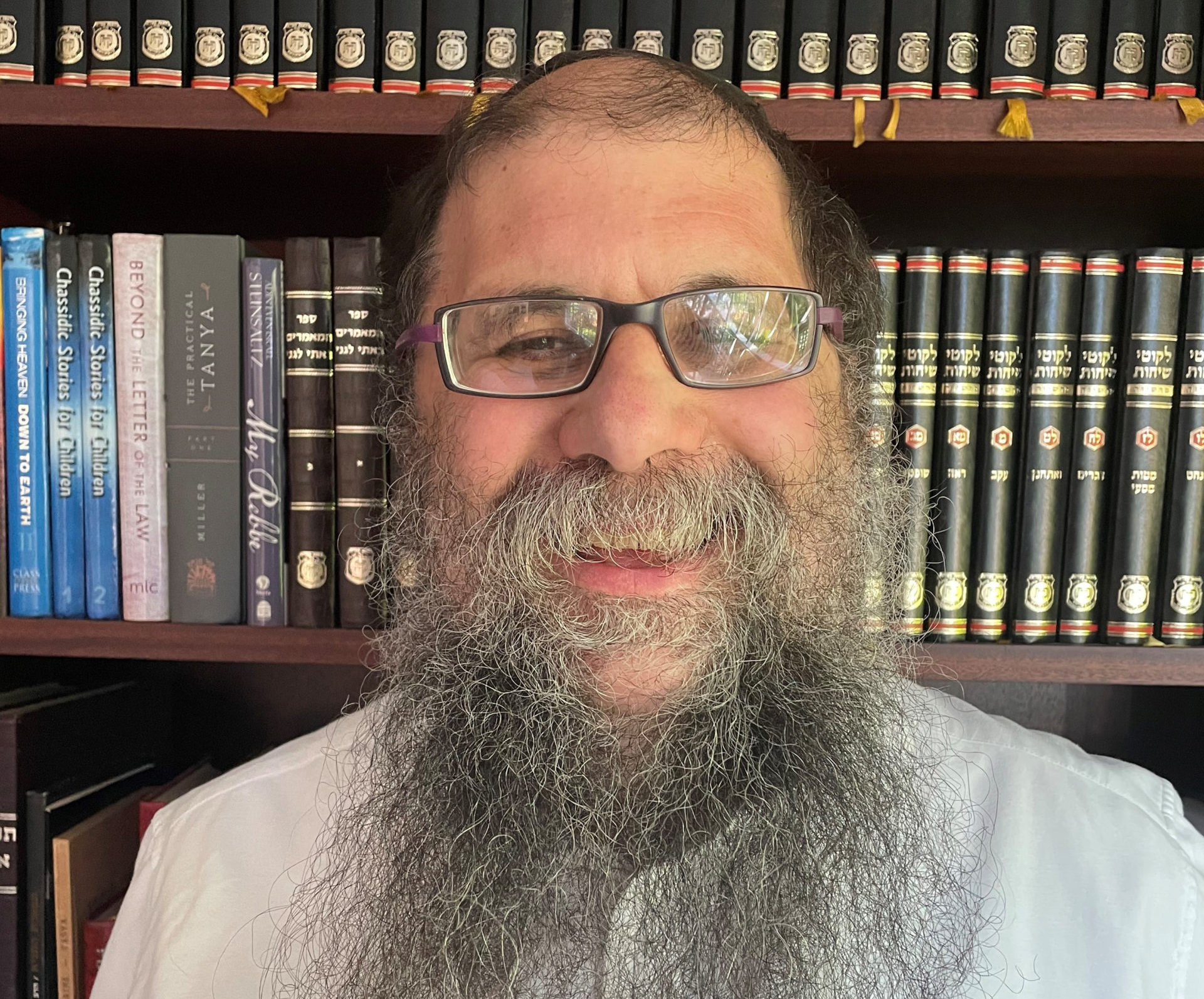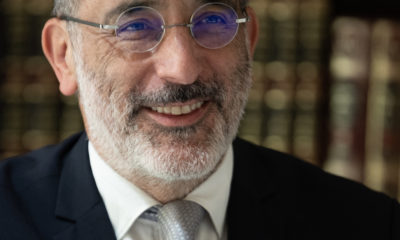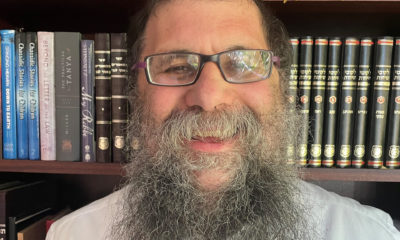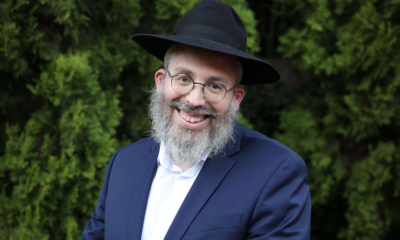
Parshot/Festivals

Towards a time when we know no war
Long lines of refugees fleeing in the bitter winter cold, stooped by fear of an unknown future, their faces bearing the unspeakable suffering of having left family, homes, and possessions behind. The images we have been exposed to in the past few weeks have filled us with pain and utter helplessness.
They have also evoked an unavoidable feeling of déjà vu. We cannot help but think back to the many displaced persons who migrated, both east and west, as they fled the advancing Germans ahead of what would be the absolute decimation of those who hadn’t been fortunate enough to get away. Or of survivors, now homeless, trekking across war-torn Europe in search of a better future. These could just as well be photographs from 70 or 80 years ago, coloured by modern technology. The look of terror in the eyes is the same, the small bags of hastily thrown together essentials similar.
Ahead of Pesach, I take the Haggadot down to prepare for the seder, and start paging through my favourite one nostalgically. There’s an illustration that resonates. A long column of Hebrews, marching out of Egypt into the desert and the unknown. The line in the drawing seems to be stretching for miles; literally hundreds of thousands of former slaves, running to freedom.
They, too, left in a hurry. So fast that, as we know, there was no time for the dough they had prepared to rise, hence the matzah for the week. They wouldn’t spend another day in the land of their oppression. This Exodus, however, was triumphant and joyful in every way. As we read in the Haggadah, “G-d took us out with a strong hand and an outstretched arm.” There was uncertainty, but no panic. They felt the revealed protection of Hashem with them.
I turn a couple more pages, and there’s the famous Vehi Sheamada song. The point at which we lift our glass of wine and declare, “Although many had tried to overcome and destroy us, Hashem saved us from their hands.” I think back to the many expulsions, pogroms, forced conversions, auto-da-fés, and mass executions over the centuries. We suffered bitterly, but Hashem made sure his nation overcame every time. And the greatest victory is that we sit and sing that song, seder after seder, for thousands of years.
Towards the end of the Haggadah, I come across another illustration, this one prophetic in nature. For Pesach marks not only the deliverance of the past but also the ultimate redemption of the future. Just as the Jews sat down in Egypt the night before the Exodus for a pre-departure celebration, we also sit at our seders, rejoicing in anticipation of the ultimate Messianic redemption.
This final redemption will be more triumphant and even more miraculous than the first. It seems like the miracles from back then will pale into insignificance when compared to what’s in store. To quote the prophet, “A time is coming – declares Hashem – when it shall no more be said, ‘As the Lord lives, who brought the Israelites out of the land of Egypt,’ but rather, ‘As Hashem lives, who brought out and led the offspring of the house of Israel from the northland and from all the lands to which I have banished them’ and they shall dwell upon their own soil.” (Jeremiah 23).
This will be a time when “They will beat their swords into ploughshares and their spears into pruning hooks; nation shall not take up sword against nation, they shall never again know war.” (Isaiah 2). It will be a time when the haunting images of haggard refugees will belong squarely in the realm of history. This Pesach, I will spend much of my seder exploring how we can make this a reality.
Chag Pesach kosher vesameach!
- Rabbi Yossi Chaikin is the rabbi at The Oxford Synagogue Centre and chairperson of the Rabbinical Association of South Africa.










